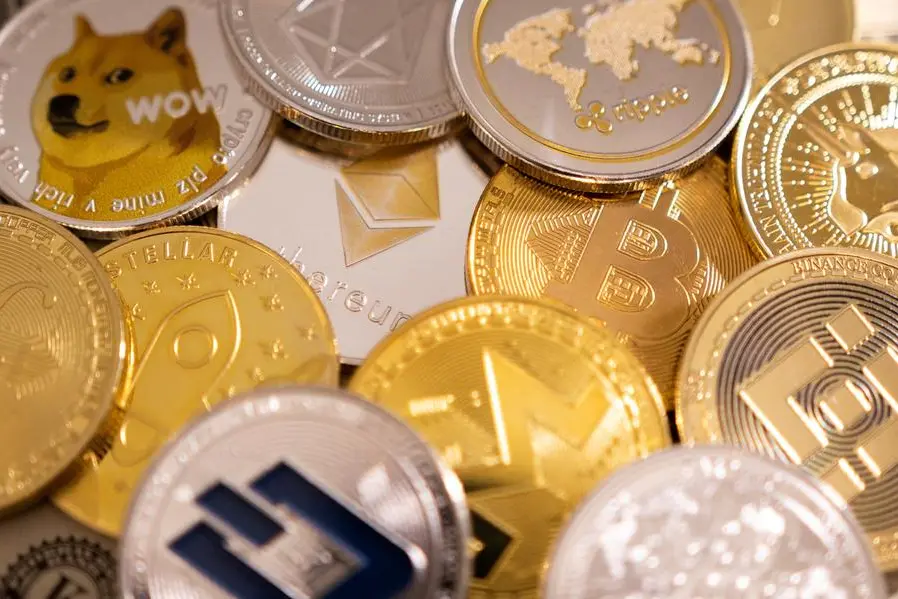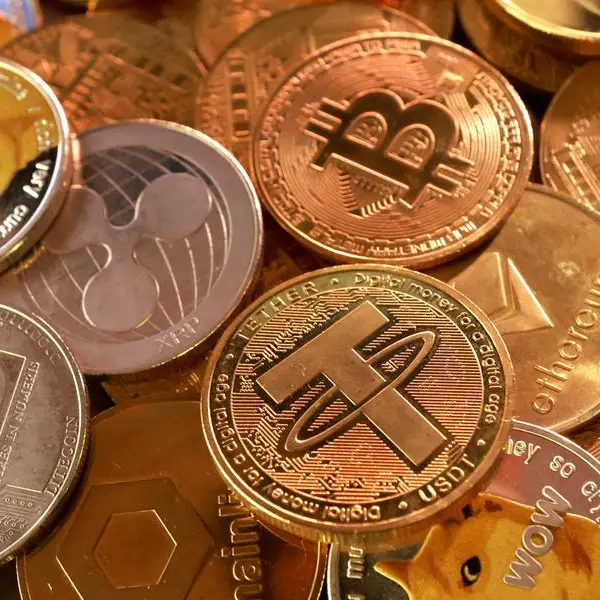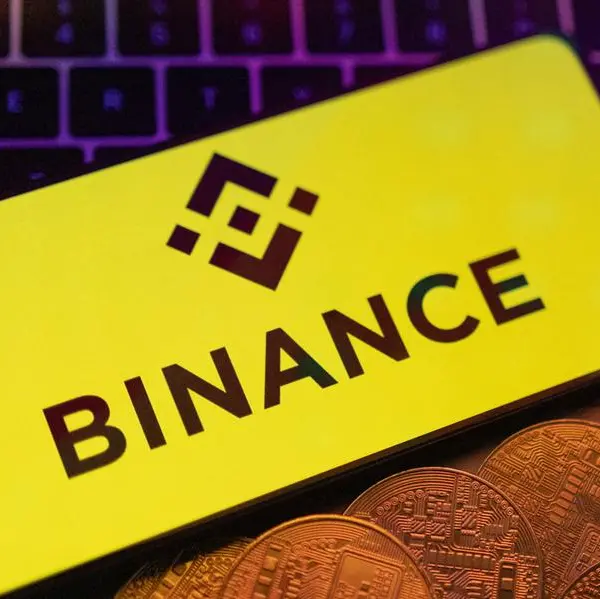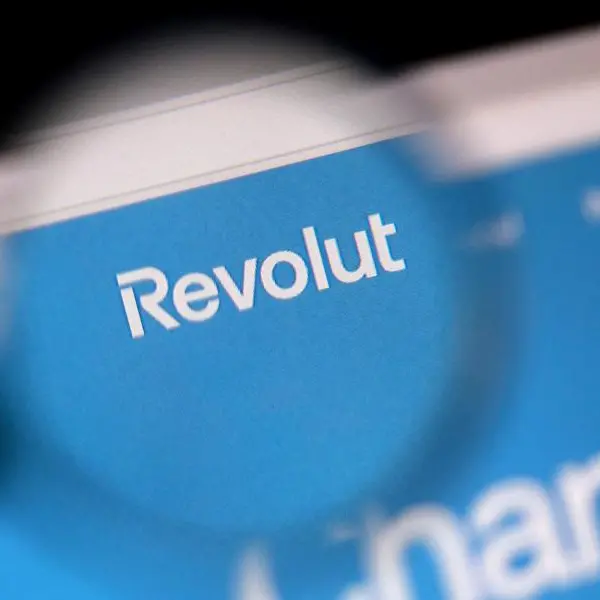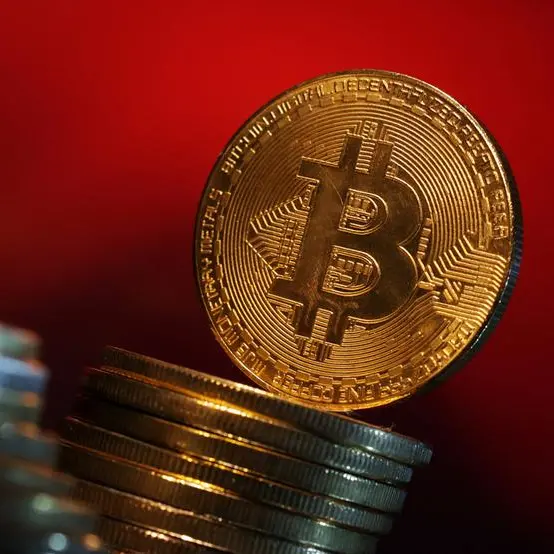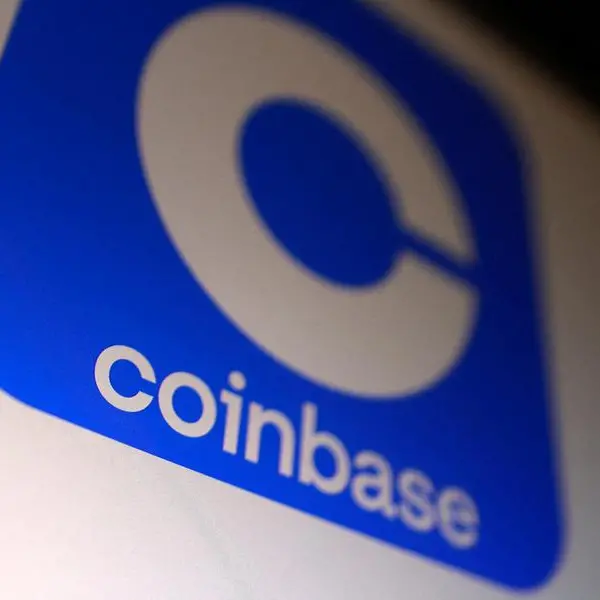PHOTO
Affluent emerging market citizens including those from Africa are turning to crypto-friendly international private banks and cryptocurrencies to secure their money offshore. And an unlikely safe haven is emerging as a result of the trend - Gibraltar at the southernmost tip of Europe.
The Gibraltar-based international private bank, Xapo Private Bank, saw a 16% growth in clients from emerging markets since the beginning of 2023 and new memberships tripled from February to March - at a time when the global markets and many financial institutions went the opposite direction. Of Xapo Bank’s new members, 12% were from South Africa and 2% from Nigeria respectively, which signifies a significant movement of capital - both in fiat and cryptos - from African banks to Gibraltar.
While international private banks in Switzerland and Luxembourg have long been popular with wealthy families around the globe, Gibraltar in southern Europe is seeing its popularity rise, because of its sophisticated and modern regulatory regime. The Gibraltar Financial Services Commission regulates both traditional retail and private banking and virtual asset service providers (VASPs) to UK and EU standards.
“Gibraltar is setting itself apart as a modern banking hub because it is able to properly regulate private banks with strong fiat currency and cryptocurrency offerings,” says Seamus Rocca, CEO of Xapo Bank.
Xapo Private Bank is the first fully licensed bank in the world to enable members to transact in both USD and USDC, as well as Bitcoin, through one secure app. “But what appealed to African customers most this year was that we launched a few world-first solutions including USDC Out and Lightning-enabled metal debit cards,” says Rocca.
A recent study by Bank of America Private Bank also predicted that international private banks would increase in popularity in 2023 as they start to offer younger clients from around the world access to new and more diverse asset classes, including alternative assets such as private equity, private debt, specialist funds, collectables and crypto assets. “We’re seeing the shift,” says Rocca.
Rocca says private banking, and especially crypto-friendly private banking, is growing in popularity all around the world as those with the means look for new and more diverse ways to protect their assets. “Traditionally, private banking was available only to those with R85 million (about $5m) and upwards, but that’s starting to change. It’s now possible for people earning between R1.3 and R2m ($75,000 to $100,000) a year - a group referred to as the ‘mass affluent’ - to seek financial safety in international private banks - and that’s democratising global banking,” says Rocca.
Rocca believes the emergence of a new international class of mass affluents is an important opportunity to shift global wealth distribution. “We have members in more than 50 countries, but what we’re seeing now is a much larger influx from emerging markets such as Nigeria, South Africa, Argentina, Brazil and Lebanon where the government suddenly decided to confiscate deposits. These countries are currently facing heightened country and currency risks. Their flight to international private banks, and to cryptocurrencies, is telling us that global patterns of wealth distribution are starting to shift and that international private banking is no longer just for ultra-privileged Europeans.”
Rocca believes rising interest rates and inflation, higher market volatility, trade imbalances and other risk factors are pushing emerging market citizens towards new safe havens. While one of these havens is international private banking, the other is Bitcoin, which clocked a new high at $29,000 this week, and which global tech leaders such as Jack Dorsey of Block are viewing as a vital financial solution for Africans.
“We agree with Dorsey’s assessment that Bitcoin will reach mass adoption in Africa, not just because it’s sovereign, finite, immutable and secure, but also as a result of the recent launch of the Lightning Network. Lightning payments will turn Bitcoin into a universal currency for smaller daily transactions in Africa,” says Rocca.
Rocca concludes: “The world is changing and the time has come to combine the security of centralisation, the freedom of decentralisation, and the immutability of the blockchain as a bridge between the old CeFi and new DeFi worlds. That’s how we’ll take international banking and financial access forward in the years to come.”
All rights reserved. © 2022. Bizcommunity.com Provided by SyndiGate Media Inc. (Syndigate.info).
